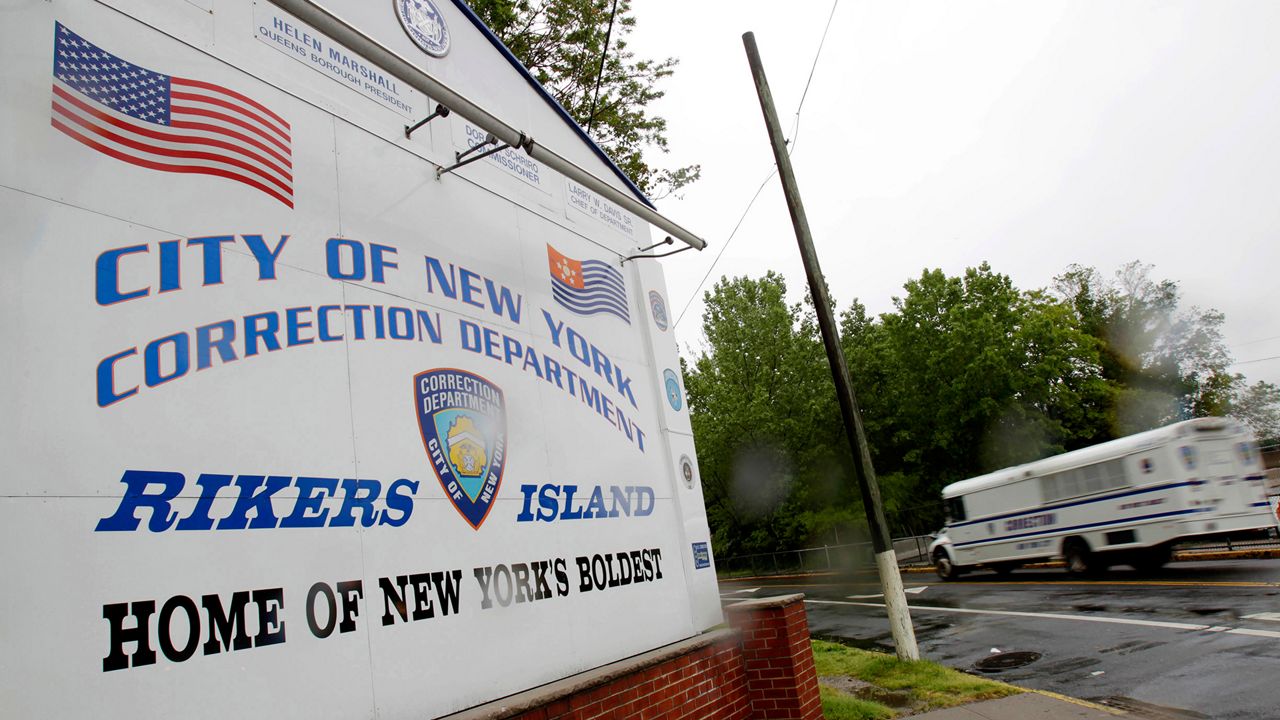With the prospect of a federal receiver still looming over Rikers Island, the Department of Correction received some unlikely praise from its federal monitor.
In a new report filed Friday, the city’s federal monitor said the city’s jails remain “dangerously unsafe,” but recent actions by the department’s commissioner, Louis Molina, have given the monitoring team confidence that they are headed in the right direction.
“Thus, while it is clearly too soon to expect full implementation of the Action Plan’s many requirements, the Commissioner’s hiring decisions, clear mandates to his staff about what must occur, courage to make unpopular changes, and creativity in his approach to solving decades-old problems does provide some degree of confidence among the Monitoring Team that the Department is now poised to begin to build the foundation on which future improvements to staff practice will need to rest,” the report stated.
The anticipated report is crucial for the department following the release of its plan to turn around Rikers Island earlier this summer.
That plan was approved by a federal judge, as part of a years-long federal court case regarding violence at the jail complex.
Both the U.S. attorney’s office and attorneys representing Rikers Island detainees at the time suggested more action might be necessary as a federal receivership given how dire the situation in city jails had become.
But this report appears to suggest the department is making progress toward making Rikers safer — albeit it is a long way off from that goal.
Even amidst the praise, the monitor recognized violence and dysfunction persists in city jails.
“The Department has remained trapped in a state of persistent dysfunction, where even the first step to improve practice has been undercut by the absence of elementary skills and the convolution of basic correctional practices and systems,” the report stated.
Of note, the monitor cites the high number of deaths that have occurred on Rikers Island this year — 17 detainees have died in custody or recently released from custody.
He suggests much more could be done to prevent the large number of suicides in city jails.
“It is essential to recognize that these deaths are related, at least in part, to the convergence of poor operational and clinical practices, inadequate supervision, and management failures that have characterized the day-to-day operation of the jails for decades,” the monitor said.
But the monitor praised the department for improvements in certain categories, such as reducing the number of fights and assaults on staff.
It effusively commended the commissioner’s leadership decisions, specifically the selection of multiple deputy and assistant commissioners to oversee jails’ safety and security.
In response to the report, Commissioner Molina sent NY1 a statement.
“We are proud of the work we have done in the past 10 months and appreciate that the Monitor recognized our progress. Since day one, under the Adams Administration, we have worked to reverse decades of neglect and dysfunction in the city’s jails and are working diligently with the Federal Monitor in achieving the Action Plan’s goals,” he wrote.
The monitor did not completely rule out further action by the court stating “certain legal and/or regulatory barriers, as they arise, may need consideration and intervention by the Court.”
It does not appear to suggest action that would rise to the level of more severe federal intervention like receivership.
That will likely be discussed when the department, the monitor and the U.S. attorney’s office are back in court next month.



